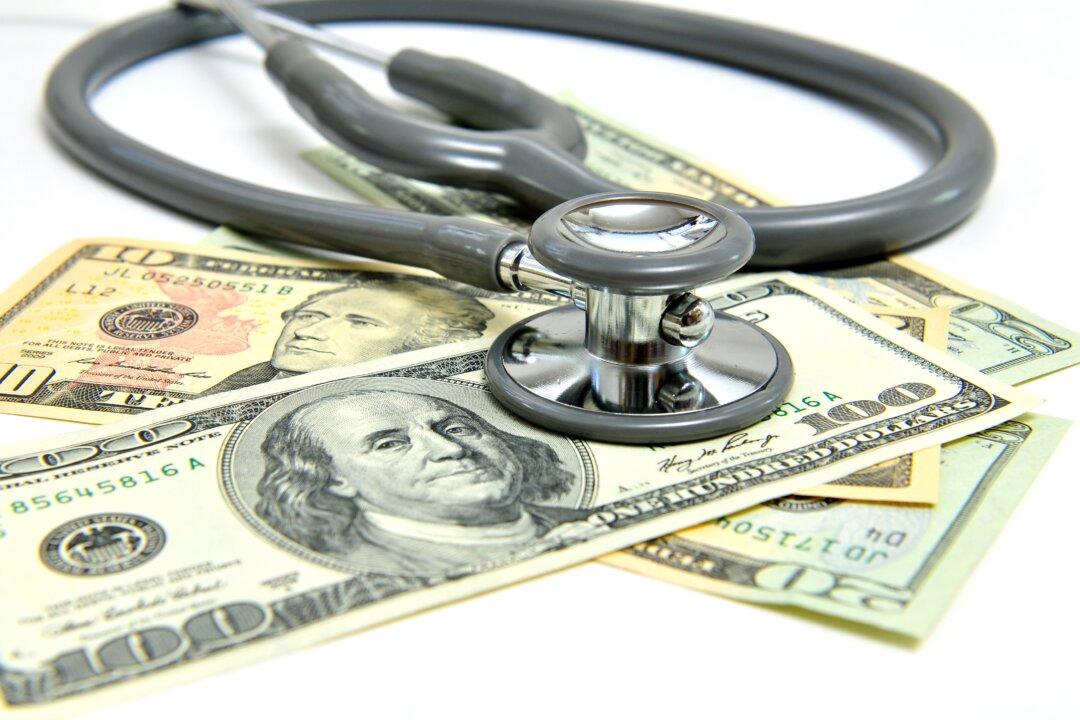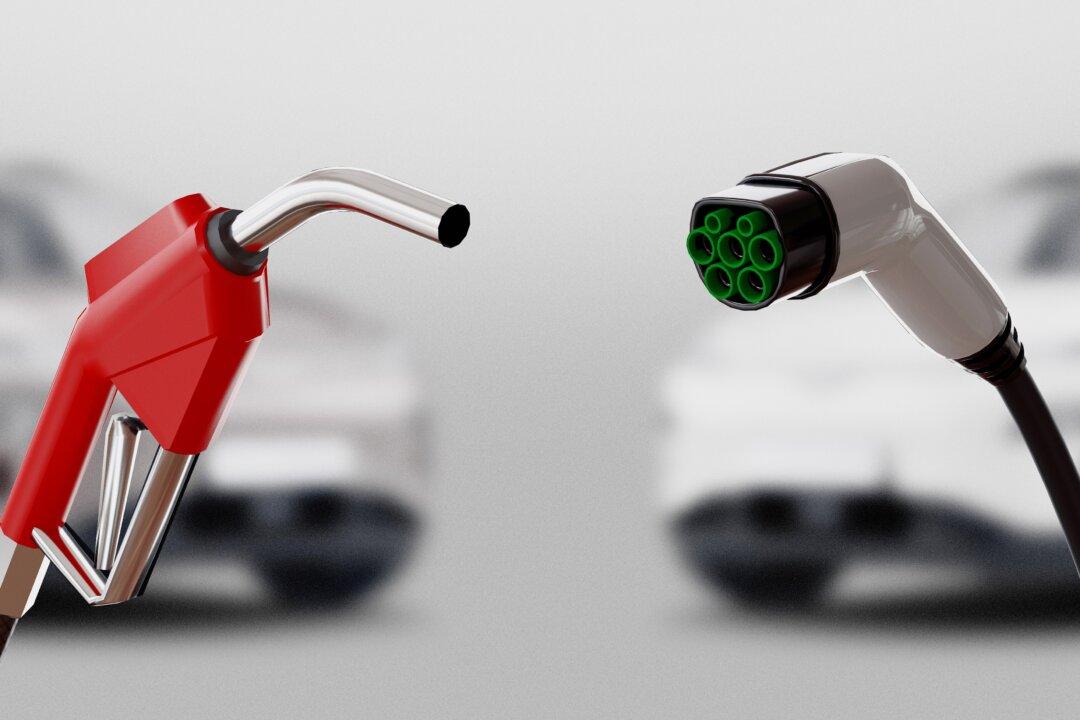Whatever you think of the American healthcare system, one thing is clear: Americans pay dearly for healthcare. Those who get insurance through their employers—only 54 percent of Americans employees in 2020—pay handsomely for that.
The many Americans who do not get health insurance through their jobs often pay even more to be covered. As a result, there are over 31.6 million Americans who have no health insurance at all, according to the Centers For Disease Control and Prevention.






